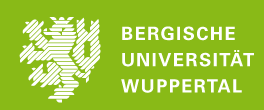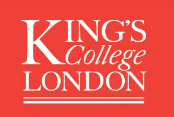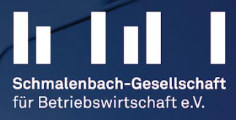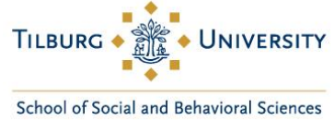Combining data from employees on the one hand and establishments on the other is considered a promising research basis from different perspectives. Such datasets ideally provide information from different sources, which can increase the validity of the data, and operationalise a multi-level design, which is called for by various theoretical approaches. Furthermore, such data are of interest to different disciplines. Examples from different disciplines are:
- 1) occupational and organisational psychology use such data to study subjective stress and leadership style,
- 2) personnel research is interested in turnover rates and how this relates to relations between employers and employees,
- 3) situational research is interested in fluctuation rates and situational conditions of personnel management,
- 4) sociology is interested in career paths in different work organisations and the social structure of society, and
- 5) economics interested in labour market outcomes more generally.
Of course, from these perspectives survey design in terms of e.g. information in questionaire and time dimension with possible panel structure is of interest in assessing the research potential of LEE datasets. The construction of such surveys is costly and entails a series of aspects concerening design. Therefore, their subsequent use is desirable, which necessitates institutional archiving and, better still, institutional data production. Most importantly, an overview of available data sets and projects on LEE data would promote international research. This entails systematic archiving, documentation and methodological research on possible caveats in specific survey designs producing LEE datasets. The advantages and disadvantages of these practices and quality management are also of great interest. Furthermore, a great interest is associated with theoretical and methodological questions on survey designs as well as possible applications in different disciplines. Accordingly, this workshop brings together researchers on methods concerning survey designs of LEE datasets with researchers doing research using LEE datasets to promote the mutial understanding of potentials and caveats in different designs of LEE datasets. Examples of contributions could be:
- Specific employer, employee, and in particular linked data sets and projects
- Methodological difficulties and solutions in the context of data collection, archiving and re-use
- Theoretical issues dealt with when using LEE datasets in different disciplines and what dimensions on LEE datasets are essential in that respect
- Aspects of quality assurance and solutions on such issues
- Issues concerning weighting, non-response and attrition in different types of survey datasets
- Types of LEE datasets based on registers or surveys and issues therein
- Examples of using LEE datasets for research in different disciplines
Course Directors & Guest Editors
- Chris Brewster, Henley Business School, University of Reading, UK
- Wenzel Matiaske, Helmut-Schmidt-University/University of the Federal Armed Forces Hamburg (Germany)
Deadline for abstract submission for the seminar: 31 July 2023.
Seminar at the IUC Dubrovnik: 2-6 October 2023.
Deadline for submission of the full paper for the Special Issue: 30 November 2023.
Publication date: Issue 4/2024
View the complete Call here.







